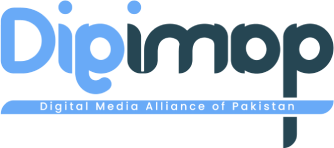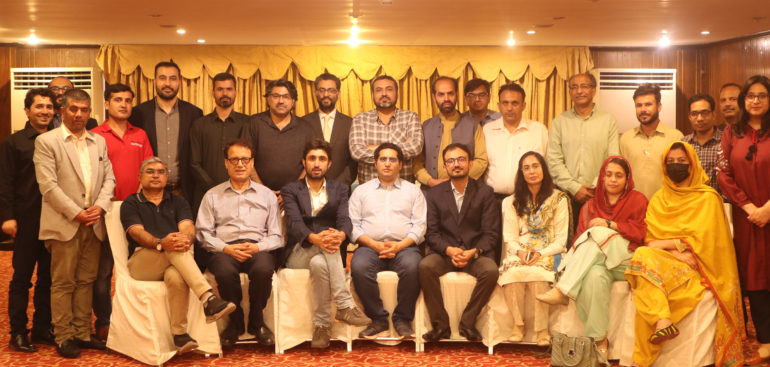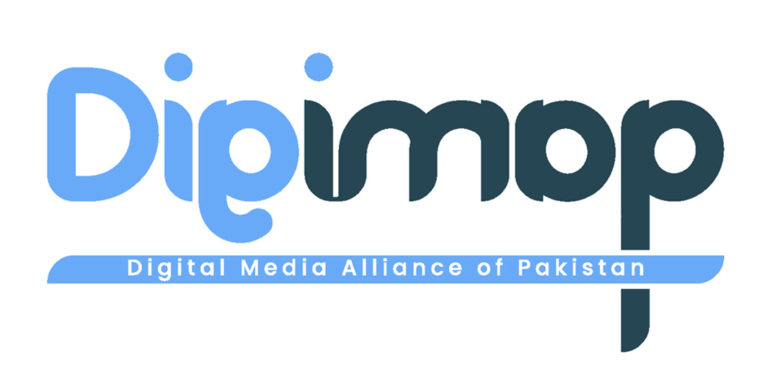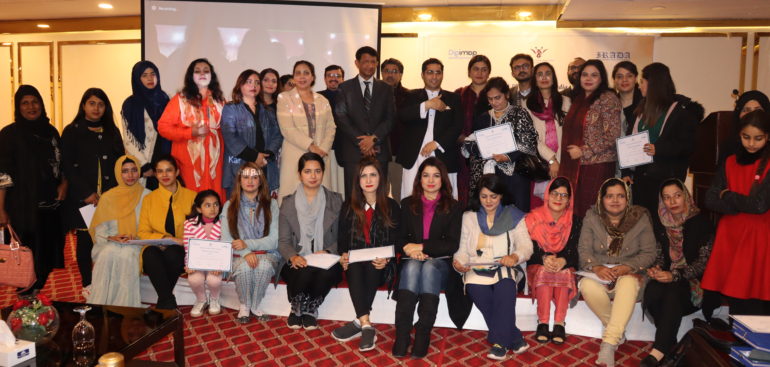Press Release
The Digital Media Alliance of Pakistan (DigiMAP) has announced its newly elected cabinet, which consists of six full and two provisional members, who will hold office until February 2025.
According to a notification issued by the association, IBC Editor Sabookh Syed has been elected as President; Balochistan Voices Editor Adnan Aamir has been elected Secretary General; and The Penpk.com Editor Shazia Mehboob has been elected Communication Secretary.
Tribal News Network (TNN) Director Tayyeb Afridi, Native MediaFounder/Video Creator Afshan Masab, and ‘Balochistan 24.com Editor Ghulam Murtaza Zehri have been elected as vice presidents from Khyber Pakhtunkhwa, Punjab and Balochistan, respectively.
During the quarterly meeting of DigiMAP held on March 15, 2023, with the approval of the General Body, Prism Media Executive Director Ghulam Mustafa and Pamir Times Founder Ali Ahmed are provisionally notified as the vice presidents of Sindh and Gilgit Baltistan, respectively. Since the meter organisations of the vice presidents of Sindh and GilgitBaltistan are not full members of DigiMAP, they have been temporarily included in the cabinet for now. However, with the full membership of their respective institutions in the DigiMAP, they will also become permanent members of the cabinet.
DigiMAP is an alliance of non-legacy independent digital media platforms in Pakistan. The founders of DigiMAP were concerned about the lack of support for digital media in Pakistan. They believe that digital media is the future of journalism and communication, and the founding members are committed to promoting its growth and development in Pakistan.
Its vision is to create a vibrant digital media ecosystem in Pakistan that is open, inclusive, and ethical. They believe that digital media has the power to inform, educate, and empower people, and their teamis dedicated to using this power for the greater good.
It is an inclusive organization that welcomes all individuals and organizations that are interested in promoting digital media in Pakistan. Currently, they have 25 members from all over Pakistan. The day-to-day affairs of DigiMAP are looked after by the elected cabinet



